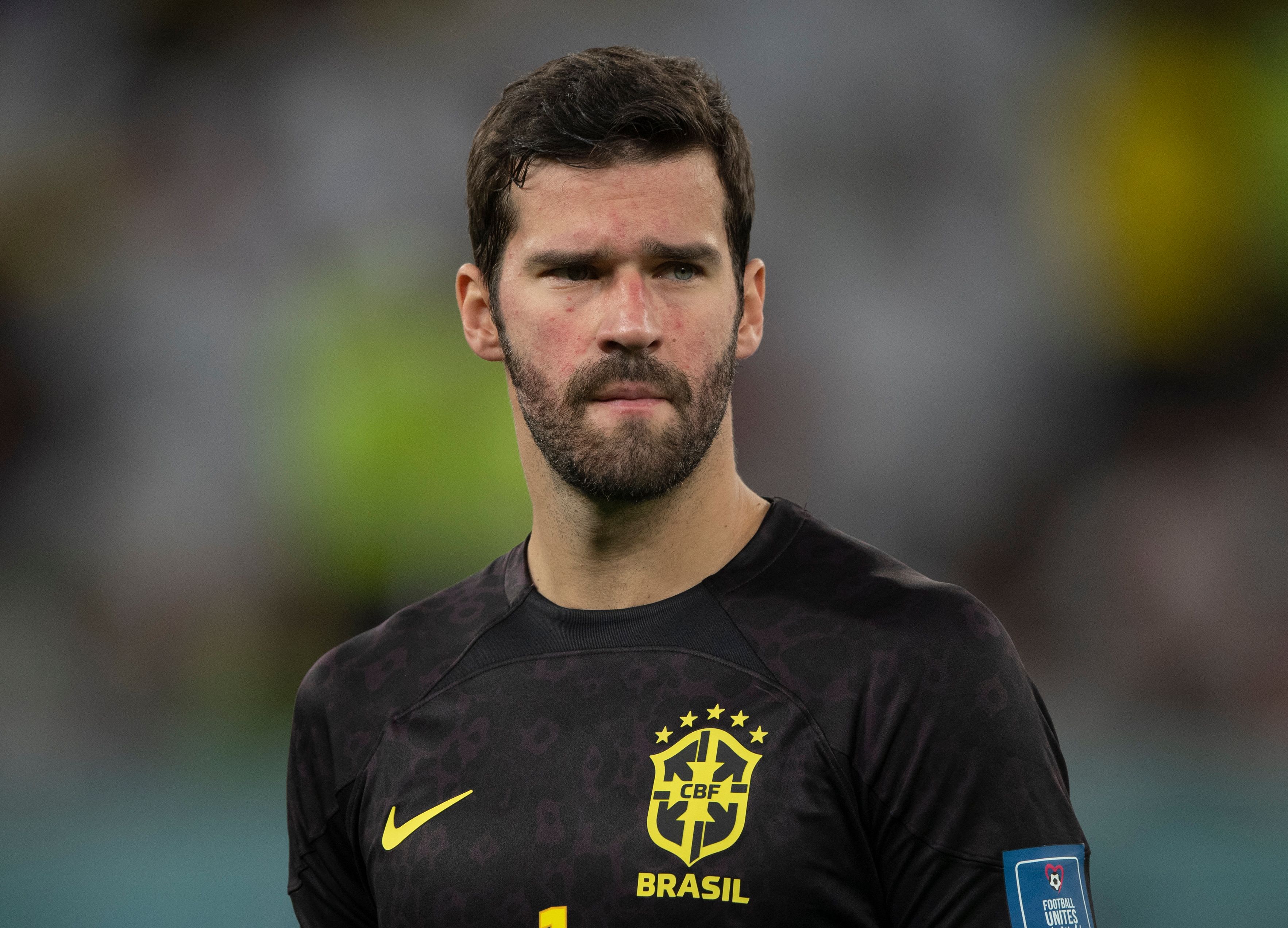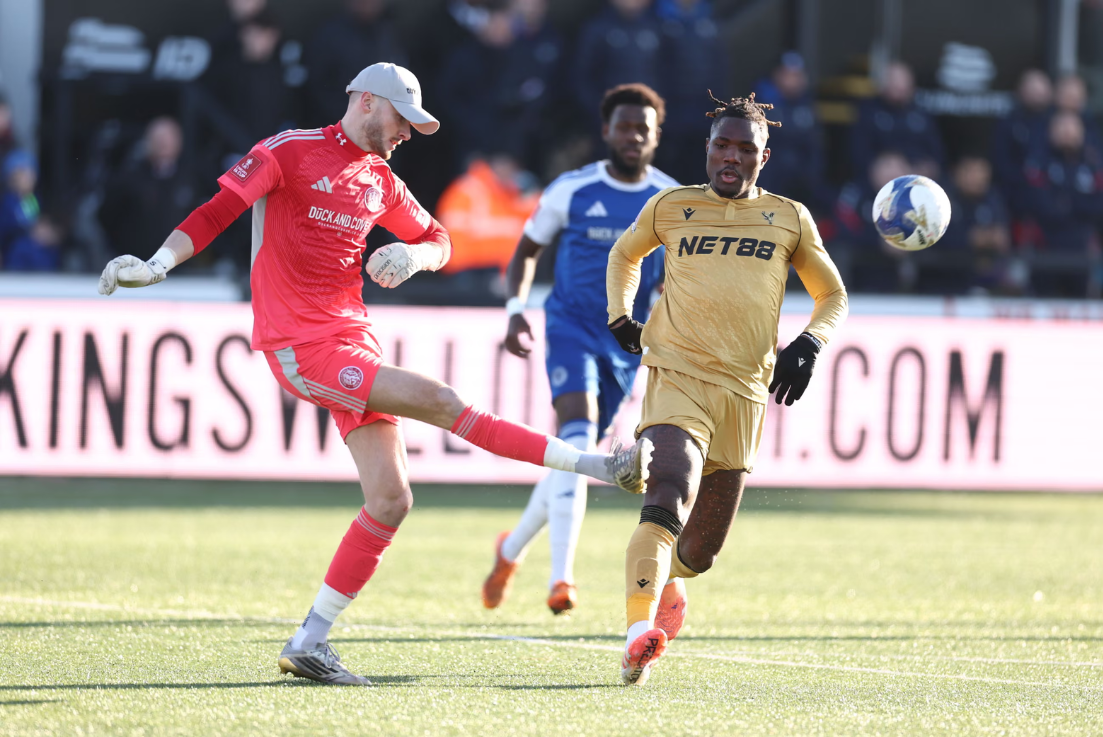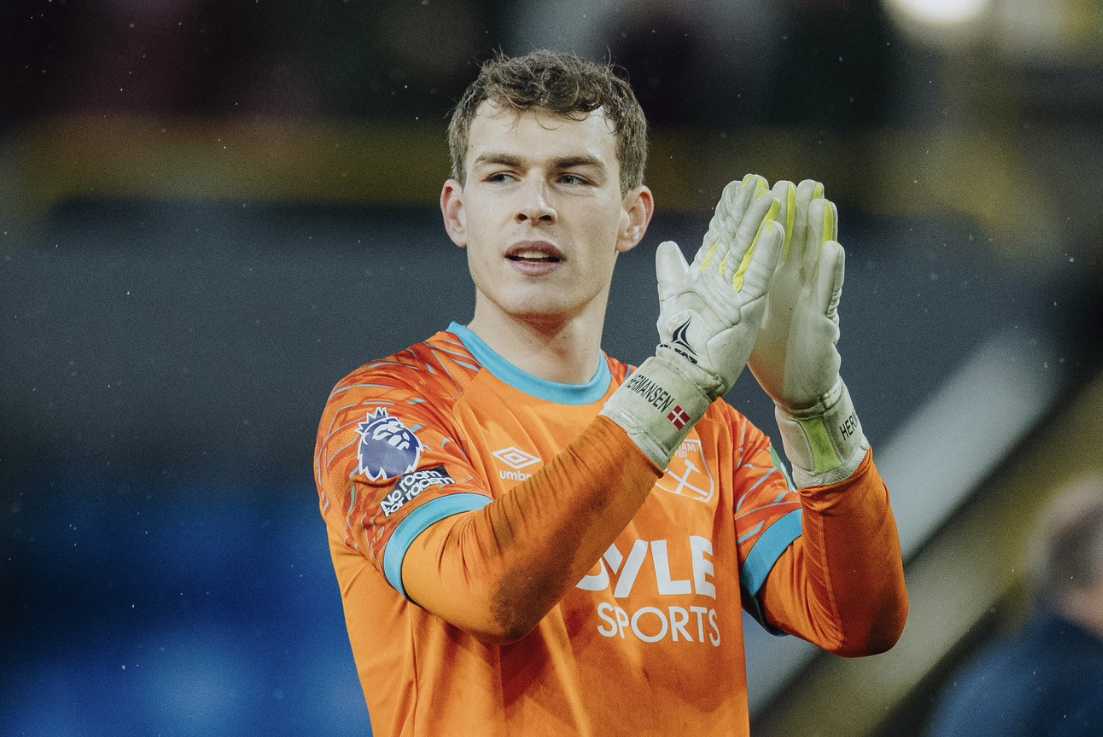How might goalkeepers culturally adapt to switching between national and international environments?
In the UK, the international break tends to limp through the front door to a collective groan.
Outside of the biennial tournaments, fans are generally a lot less invested in the matches on show. Managers are filled with hypertension and anxiety at the thought of their club’s brightest and best jet-setting around the globe to play 90, sometimes meaningless, minutes on ropey pitches against opposition hell-bent on kicking lumps out of players who are already hanging on by a thread. All of it in service to the ceaseless revolutions of football’s hellish, overstuffed calendar — the endless grind that keeps the perennial cash-cow spinning in aeternum.
It’s also the time when pundits get their chance to trot out the classics: How will midfielders adapt from possession-based fluidity to international pragmatism? How will forwards swap dropping deep and helping the build-up for becoming the stodgy target man of their national side?
But in all that tactical noise, very little ink gets spilled on goalkeepers — who also have to go through their own tactical transformations and shifting identities.
One week you’re sweeping 40 yards out, pinging passes to centre backs you’ve got a near-telepathic connection with. Next, you’re confined to the prison of your six-yard box, yelling at a defender that doesn’t speak the same footballing language as the other ten on the pitch — but they play for a top-six club, so you’ve got to suck it up and get on with it. Even if they stuck an elbow in your ribs during a corner last week that wasn’t picked up by VAR and made you spill the ball right onto their striker’s head.
And beyond that, there’s a whole other layer of expectations and pitfalls. Communication patterns, defensive philosophies, and the crushing weight of being a national hero one week and a club scapegoat the next, or vice versa.
We spend so much time talking about midfield maestros and false nines that it’s easy to forget goalkeepers are tacticians too - just with a pair of gloves and far less margin for error. They’re the ones who have to rip up their muscle memory every international break and learn a new dialect of defending overnight.
Take Alisson. At Liverpool, he’s constantly rushing off his line, sweeping up after his back four and fizzing passes to his centre-backs. It’s all quick feet, high lines, and controlled intensity. But the second he pulls on a Brazil shirt, things tighten. The line drops, the air gets thicker, and suddenly his role is more about patience and presence than adrenaline. The sweeper-keeper becomes a shot-stopper again (fortunately, he remains one of the world’s best at this too), more confined to his box, managing a backline that hasn’t had the luxury of training with him every day for the past five years. While they speak Portuguese, they may not speak the same footballing language.
For Emiliano Martínez, internationals mean constant recalibration and the precarious art of toggling his mentality between Villa Park and Buenos Aires. At Villa, he’s a talker, a chest-thumper, the guy who thrives on the wind-up. For Argentina, he’s still that guy, but he’s also become more of a symbol. A myth — calm, certain, untouchable. The man who made penalty dreams come true with the sheer force of his personality.
His words carry differently because the shirt carries differently. “When I play for Argentina, I feel invincible,” he said last year. “It’s not arrogance — it’s protection.” And that difference in context changes everything. In Birmingham, he’s sometimes one mistake away from being scrutinised and scapegoated; in Argentina, he’s immortal. The shirt’s heavier, but so is the adoration. You can’t play the same way when one world treats you like a god and the other expects miracles by Saturday.
Jordan Pickford is another study in contrasts. For Everton, pre-Moyes at least, he’s been a one-man survival mechanism — a goalkeeper in a constant state of crisis management, bellowing instructions at a defence held together with gaffer tape and goodwill. For some years he's had to be more reactive, adrenal, or in a state of constant firefighting. For England, the structure changes everything. The line’s stable, the ball control measured, and the environment clinical. “At Everton it can be chaos,” Pickford once joked. “For England it’s calm.” And yet, that calm brings its own kind of tension.
For Jan Oblak, the challenge is more existential. Atlético Madrid’s entire identity is about cohesion, drilled so deeply that everyone knows their cue without thinking. Slovenia, by contrast, is a patchwork - players from different leagues, different levels, different rhythms. Oblak summed it up best: “If we defend well and are together, we can achieve something. Alone, it gets complicated.” You get the sense that’s not just a tactical comment; it’s a philosophy required for survival on the international stage, where the chinks in the armour are more prevalent than at Europe’s superclubs. The mentality the team needs is exactly the one his club embodies, but his country doesn’t have the luxury of assembling a squad of like-minded individuals from across the globe.
And this mental side is the goalkeeper’s real frontier. A study by Laws (2006) found that goalkeepers display the highest levels of coping capability among footballers, yet also report some of the lowest levels of confidence. It's a paradox born of existing on the knife-edge between triumph and humiliation. Mistakes for outfield players dissolve into the rhythm of a match; mistakes for keepers live forever, replayed in 4K, memed, and dissected in slow motion. Now add the international stage, and you’re suddenly representing a nation instead of a postcode, where every error carries a weight far beyond the individual match.
Oliver Kahn used to talk about the “unbelievable” pressure of penalty shootouts, where the silence before the whistle feels like being on trial. Gianluigi Buffon, ever the philosopher, once said: “Winners find a way. Losers find an excuse.” Those lines sound trite until you realise how literal they are for goalkeepers. It's a profession where the margins between success and failure are sometimes measured in mere fingertips.
It’s not a new phenomenon either. Fabien Barthez wrestled with it at the turn of the millennium. He went from being instinctive shot-stopper at Manchester United to a comparatively (for Barthez) serene, sometimes detached metronome for France’s slower, possession-heavy control, occasionally coming unstuck in the space between those versions.
Oliver Kahn walked the same tightrope between Bayern’s dominance and Germany’s transitional eras. And Lev Yashin, decades earlier, carried the solitude of Dynamo Moscow into the even lonelier heights of the Soviet national team. Far from the comfort of club familiarity, he faced teammates with different tactical habits, minimal preparation, and the intense scrutiny of a nation where football was entwined with politics. Yet he adapted, revolutionising goalkeeping and leaving a blueprint that still echoes today, without a whisper of modern sports psychology to guide him.
Maybe that’s the thread running through it all - not tactics, not training, but survival. The goalkeeper’s job is learning to live with contradiction: to toe the line between confidence and arrogance, to evoke calm without detachment, to be vocal without being overbearing. Caught between club and country, between control and chaos, between adoration and annihilation.
So next time an international break rolls around and the pundits start pondering how midfielders will “adapt” or how forwards will “link up,” spare a thought for the goalkeepers. The ones who have to reinvent themselves mid-flight, who go from heroes to hazards depending on the shirt they’re wearing. The loneliest men on the pitch, forced to bend and break between the prisms of two opposing worlds — their club and their country. Different colours, same gloves, same impossible standard — don’t mess up.
Because behind every “safe pair of hands” is a man who must transform himself at the flick of a switch, decoding accents, systems, and psychology on the fly — all while standing on a line no one else dares to cross.









